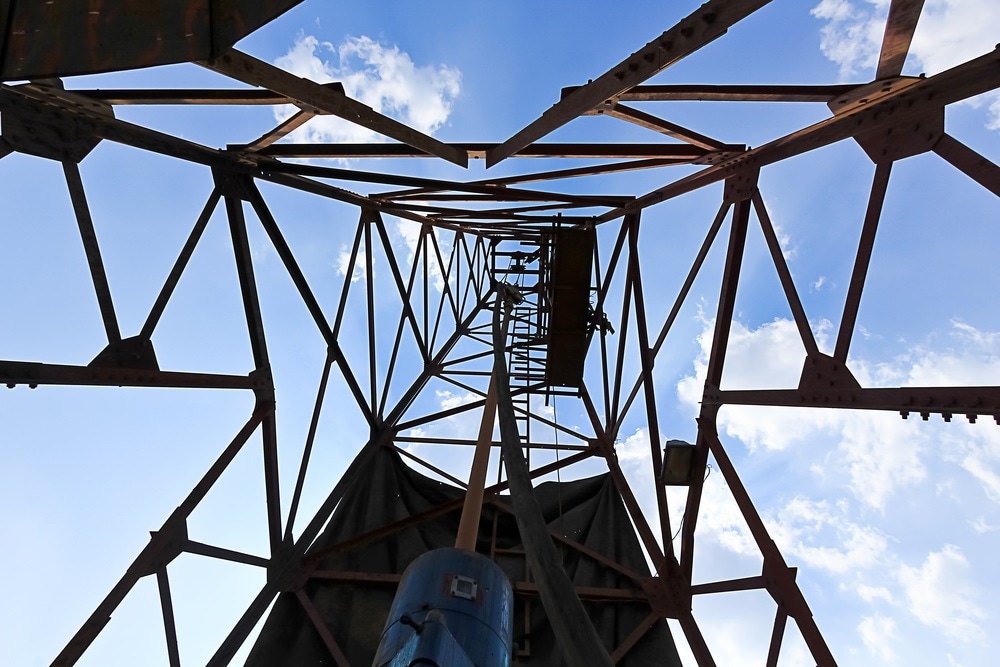Jul 11 2017
Millennial Lithium Corp states that they have encouraging results regarding a lengthy pumping test of the principal production scale well at its Pastos Grandes Project in Salta, Argentina.
 somsak nitimongkolchai/ Shutterstock.com
somsak nitimongkolchai/ Shutterstock.com
Pumping well PGPW16-01 was put in place in late 2016 to finish extended pumping of the lithium brine to establish the chemical variation and robustness of the aquifer over a prolonged period. At a pumping rate of 27.7 l/s, the lithium content stayed very consistent over the 60 hour period. The drawdown over 24 hours was about 9 m with very quick recovery.
Millennial is very pleased with the results of this first pumping test. The test indicates strong brine flow rates of 27.7 l/s at the maximum capacity of the pumping equipment with only minor draw-down, and consistent lithium concentrations suggest a robust aquifer. Strong lithium values remained relatively consistent throughout the duration of the pumping test suggesting lithium distribution is widespread. Brine from well PGPW16-01 is now being used to feed a series of trial evaporation ponds as part of Millennial’s ongoing development of the Pastos Grandes project.
Farhad Abasov, Millennial CEO
Well PGPW16-01 was drilled at a diameter of 17” to a depth of 125 m and then 13.5” to the maximum depth of 351 m. The well was finished with slotted casing (screen) at 10” and 6” diameters with gravel pack from top to bottom in the annulus so as to acquire brine from the several permeable layers. The pumping rate for the test period was 27.7 l/s, the capacity of the equipment on site. Table 1 provides a summary of the key results of the test work.
Table 1. Summary of Pumping Test at Well PGPW16-01.
|
WELL ID
|
PUMPING DURATION
(hours)
|
AVERAGE PUMPING
RATE (l/s)2
|
DRAWDOWN AFTER 24 HOURS OF
PUMPING (metres)
|
|
PGPW16-01
|
60
|
27.7
|
9.04
|
Measurements of brine levels during the pumping test denote a drawdown of about 9 m across a 24-hour period. Furthermore, continued measurements after closure of the pumping test revealed a recovery of the brine level to within 0.5 m of its original position after the 60 hour recovery period. The drawdown data is the foundation for the calculation of the aquifer transmissivity, the rate at which the brine travels through the aquifer. Based on initial testing, the transmissivity of Pastos Grandes is conventionally estimated to be excellent at 550 m2/day.
Brine sampling during the pumping test was done every six hours for a proper understanding of the variation in brine chemical composition as the aquifer was analyzed. On the whole, the chemistry is steady over the 60 hour period with lithium only declining 8.2 mg/l from an initial 438.7 mg/l to 430.5 mg/l. Lithium to magnesium (Li/Mg), sulfate to lithium (SO4/Li), and potassium to lithium (K/Li) ratios also stay relatively constant across the test period.
A second pumping well is being built at hole PGMW17-04b where current drilling has intersected widespread lithium-bearing brine and testing is projected to begin in the near future.
Sampling was conducted in keeping with CIM guidelines for brine resource assessment, with a suitable QA/QC program in place for guaranteeing repeatability and accuracy of the analytical results.
Alex Stewart Laboratories of Mendoza, Argentina and partner laboratory, Norlab S.R.L. of Palpala, Jujuy, are the chief analytical providers. The laboratories have broad experience with lithium brine analyzes and are certified under ISO 17025, and in Alex Stewart’s case, specifically for determination of potassium and lithium in liquid brines by usage of ICP-OES.
This news release has been reviewed by Iain Scarr, AIPG CPG., COO of the Company and a qualified person as that term is well-defined in National Instrument 43-101.